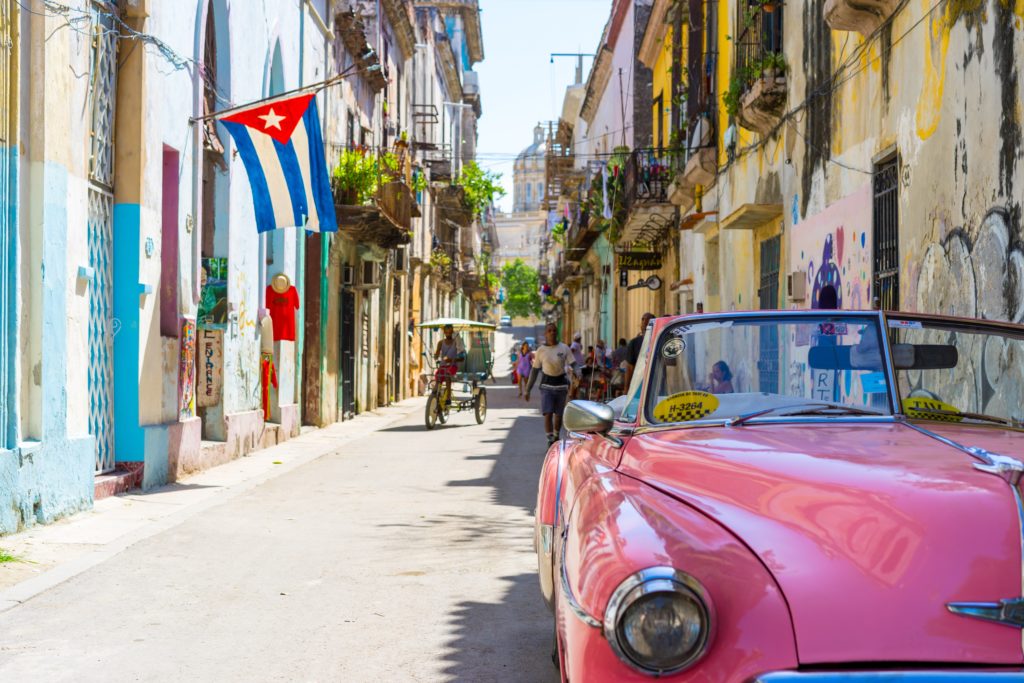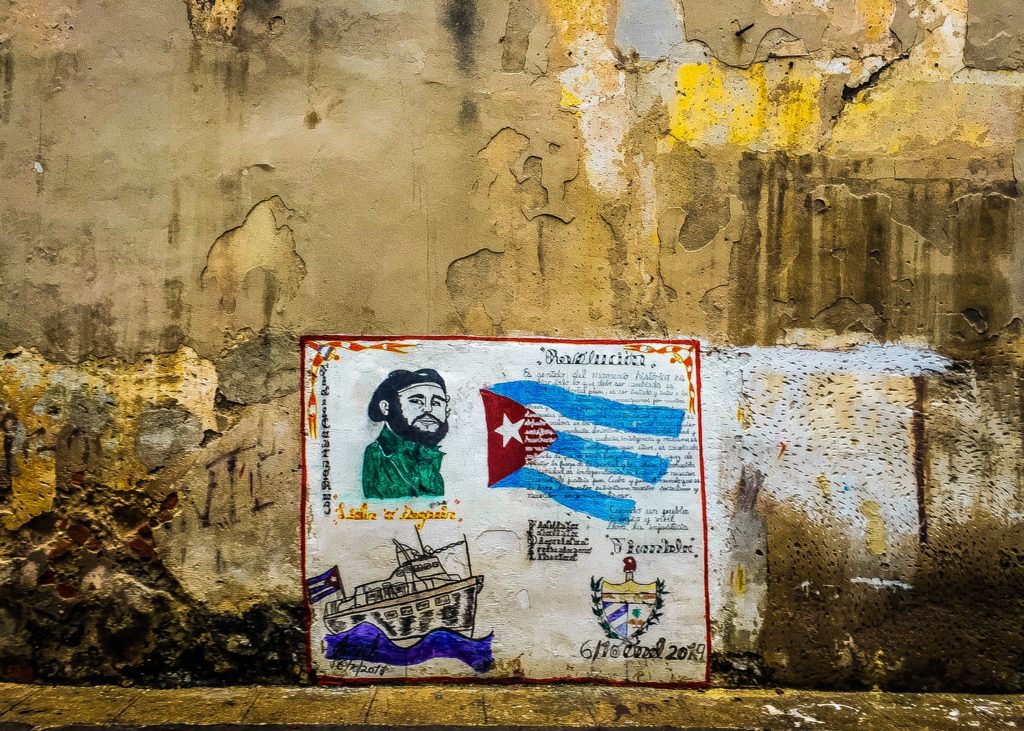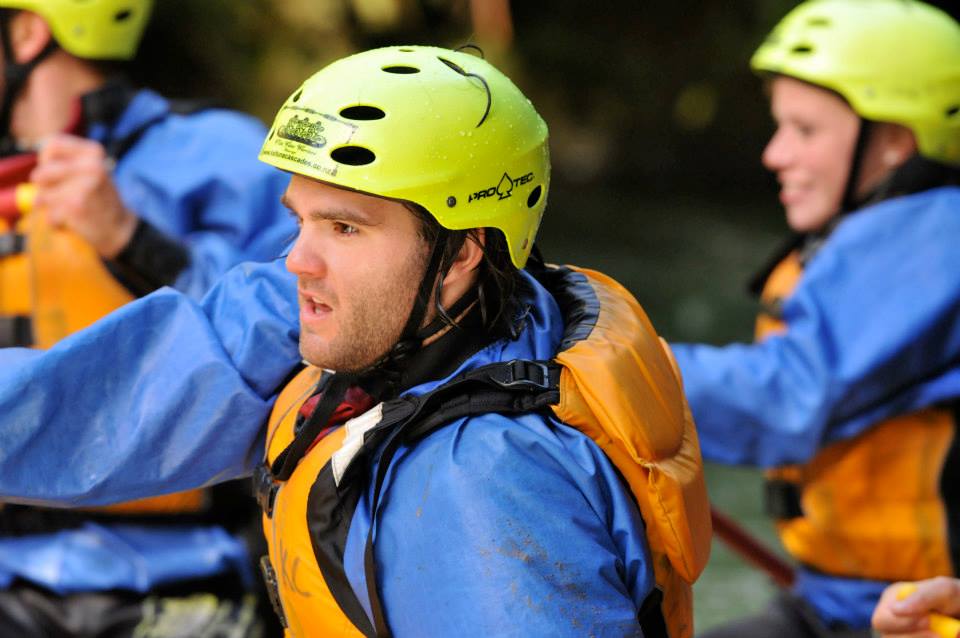This life lesson relates to my previous blog #95 Swim with Dolphins.
Before booking our trip to Cuba, my dad did his homework. There are thousands of resort destinations scattered throughout the Caribbean but the main countries most people consider are Mexico, Cuba, Dominican Republic and Jamaica. We had been to Mexico and Jamaica as a family before and my parents had also been to Dominican Republic. However, none of us had been to Cuba so it seemed like it would be an interesting adventure.

Leading up to the trip I told many people about our plans because I was very excited to go to Cuba. However, the responses I received were very mixed. Some people mentioned that they had been to Cuba before and it was great but others said it was terrible or dangerous. I found the negative responses the most interesting so I usually asked more questions to understand why they felt that way. My questions lead me to two main conclusions. First, the people that described their experience as terrible had set unrealistic expectations in their minds before going on their holiday. Second, the people that describe Cuba as being dangerous usually had never actually been to the country.
Looking into my first point, the unrealistic expectations were mainly based around the food. Cuba has great food, but you have to know what foods they cook well and what foods they do not. From my experience, Cuba does a great job at chicken, pork and fish. Any dishes that used these meats as the base were usually delicious. However, their beef is subpar and most Canadians would be disappointed compared to our standards of beef in Canada. What I discovered was that these people travelled to Cuba thinking that the standard of food would be the same as in Canada. This is an unrealistic expectation. Cuba is a communist nation in the middle of the Caribbean; things are going to be a bit different.

When these people arrived in Cuba and tasted the food for the first time they noticed it was different and deemed it to be unacceptable by their standards. Since they did not enjoy the food at their resort they tried to find a local McDonald’s to get something they were accustomed to. Sorry, not in Varadero. As a result, these people had to suffer through a week in a place where they did not enjoy any of the food. I would probably rate my experience as terrible as well if I was stuck in a place for a week and did not enjoy the food.
The issue was that they wanted to go on a holiday to get away from Canada, but once they got away from Canada, they tried to pick apart Cuba because it was not like Canada. Let that sink in for a second. Does that sound realistic? My questions proved to be worthwhile and they helped me validate the information sources. When I had other conversations similar to the scenario I described, I quickly disregarded their opinion as it was based on unrealistic expectations.
For the record, my life revolves around peanut butter. I have it every morning and occasionally eat it directly from the jar with a spoon. I love peanut butter. However, peanut butter was not available in Cuba when we visited. If I can survive a week without peanut butter, no one should be complaining about the food.
My second point is the one that shocked me the most. Several people told me to be careful in Cuba, as it is a dangerous place. Naturally my first reaction was to ask why they considered it dangerous. It did not take long before the truth came out; they had never been there before.
I learned that Caribbean holidaymakers could be as staunch as fans of major sports teams. The ones who told me that Cuba was dangerous were the ones that had been going to Dominican Republic each year for the past decade. In their minds Dominican Republic was the best island in the Caribbean and Cuba was dangerous. Others told me to Mexico was the best and I was sure to be shot if I ever went to Cuba or Dominican Republic. These claims were not supported by any actually evidence; it was just how they felt. Needless to say their opinions were also disregarded.
The most important thing about travel advice is not what you are told but who gives it to you.

That includes me as well. Make sure my advice is justified and relevant to you before you blindly listen to me.
When someone gives you travel advice or their opinion, ask some qualifying questions to better understand why their experience was positive or negative. Keep in mind that this can go both ways. I have just described how a negative experience can be assessed and disregarded based on the information source but this can also occur for positive experiences. For example, a 19 year‑old goes down to Cancun and has the time of his life, drinking and partying. Then he passes some travel advice on to a family with young kids and claims that Cancun is the best place in the Caribbean and he highly recommends that they go.
It would be worthwhile that the parents ask why he enjoyed it so much and they would quickly realise it is not a place for them to go with their young kids. This is an extreme example but it gets my point across about being cautious of positive travel advice too. A good rule to live by is to always ask “why”.
I hope this blog post has taught you how to assess the information you are given in the future. Also, I hope that you realise it is important for you to travel with an open mind so that you do not fall victim to your own unrealistic expectations.
Have you experienced this before with travel advice? What about other advice you have been given in the past? Let me know if the comments below.
Want to be notified when new blog posts are uploaded? Subscribe below.

Dave has been on a mission, since 2010, to cross off the 100 items on his bucket list. The stories of his adventures are complimented by life lessons learned along the way and his travel tips are unique to his experiences.

